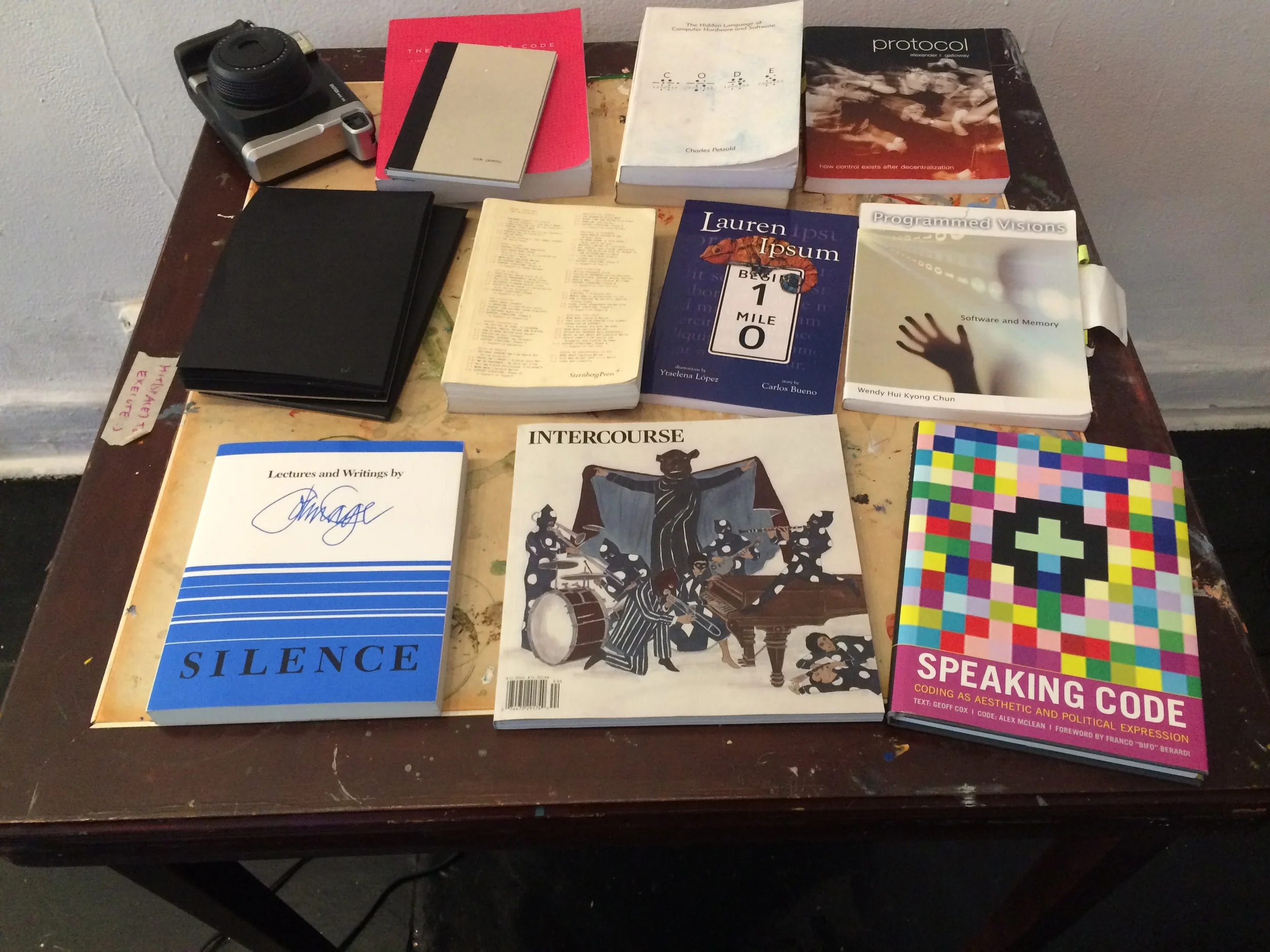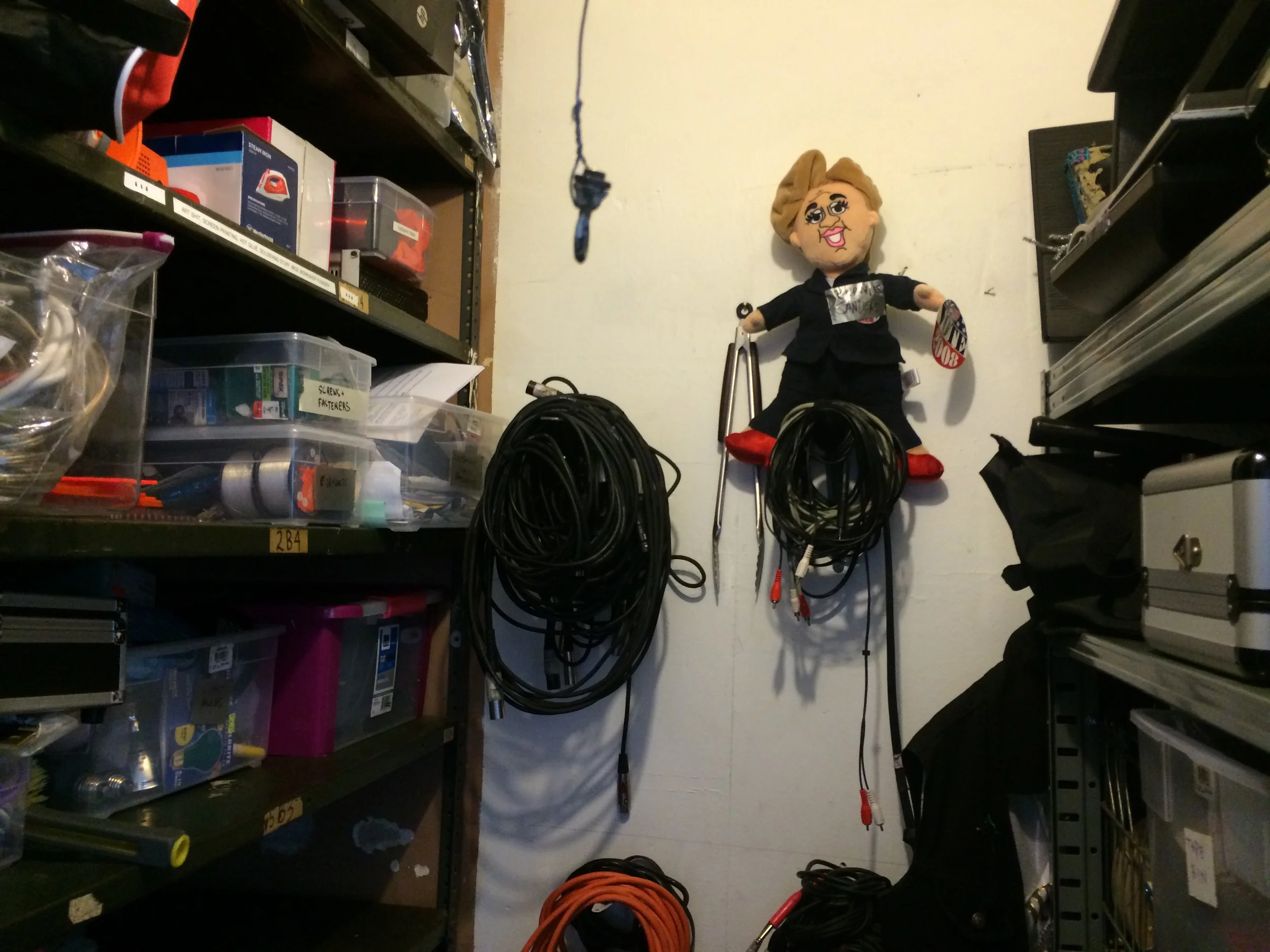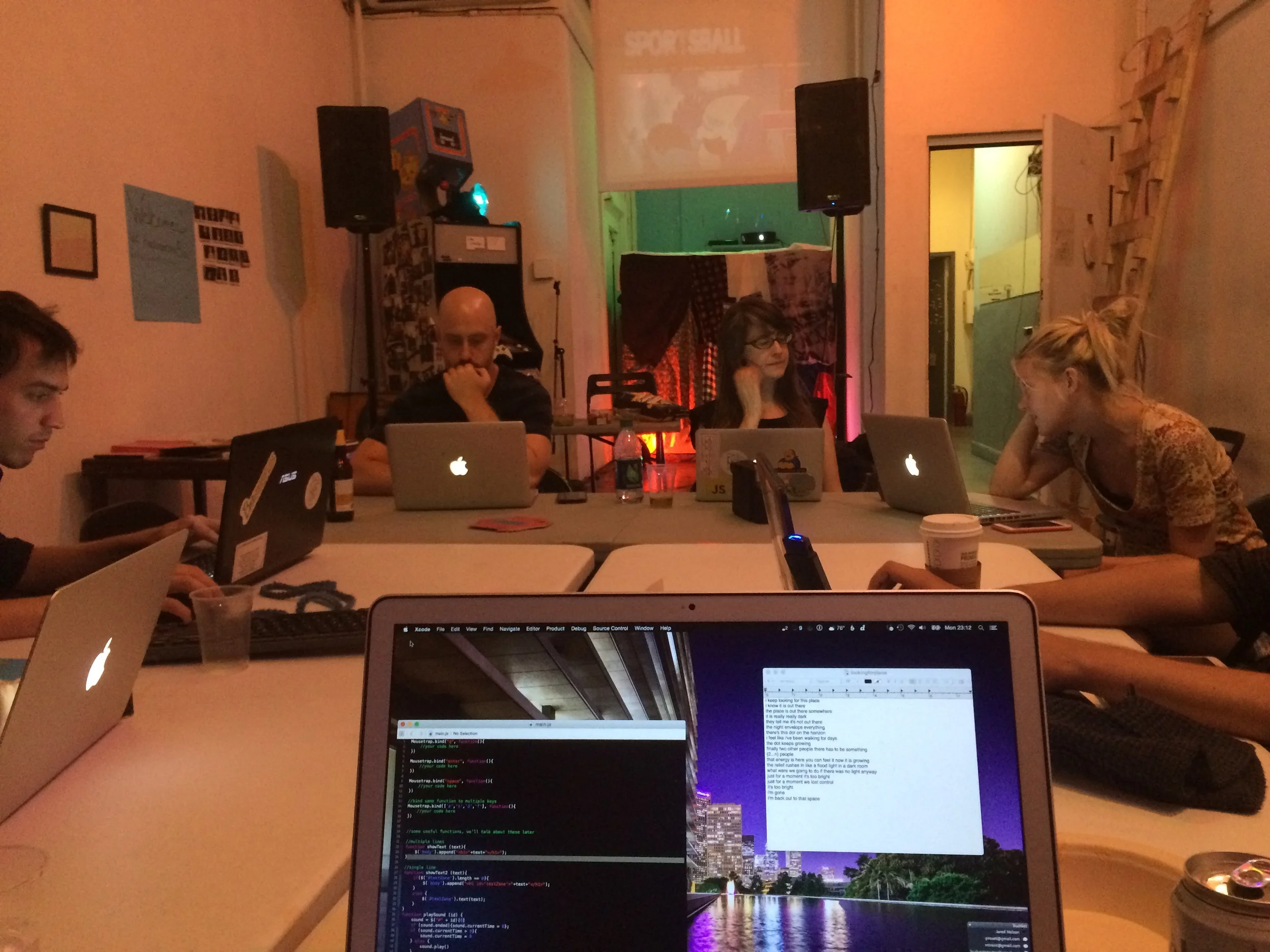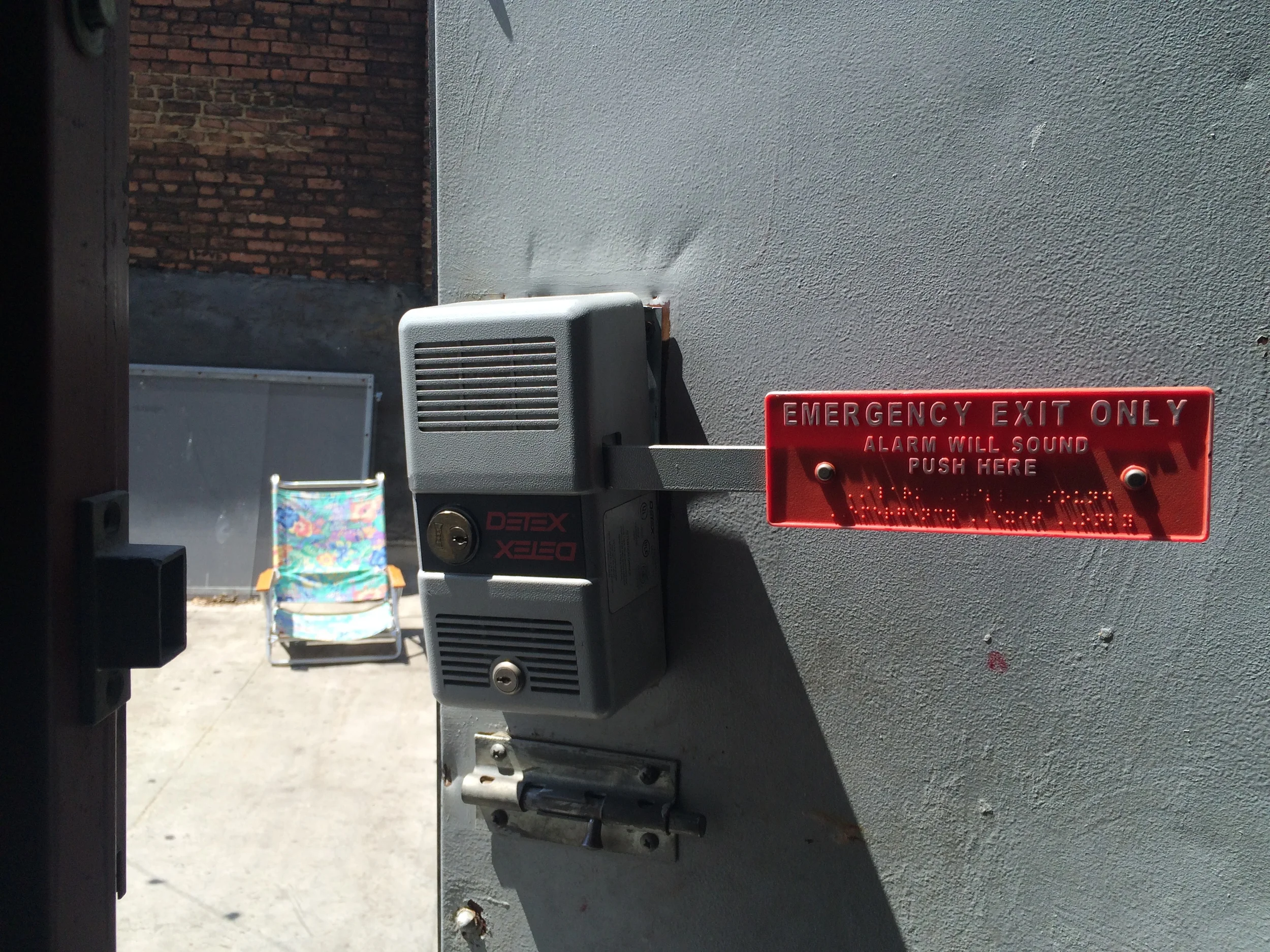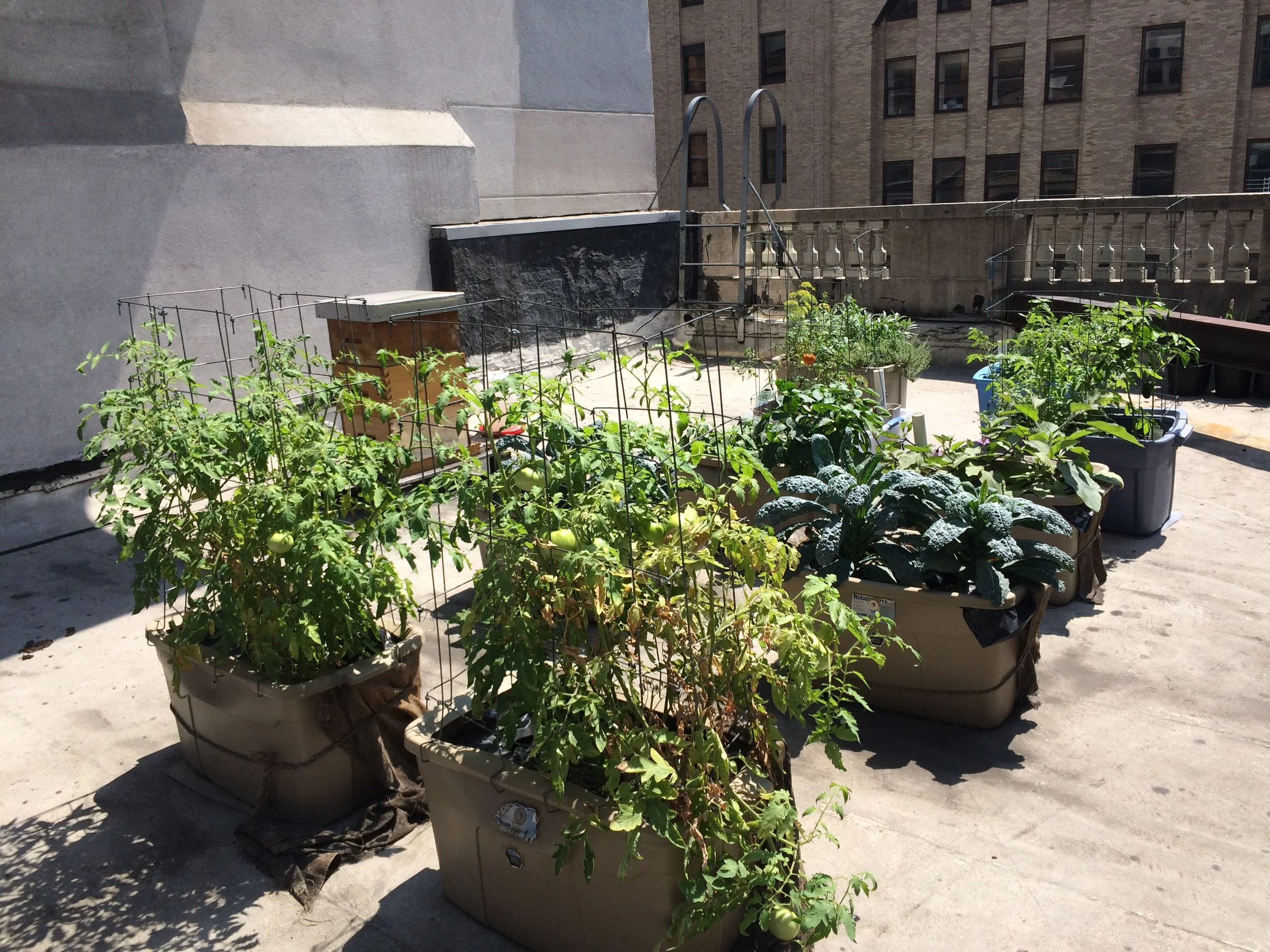over the past two days we have enjoyed a workshop from sarah groff-palermo on esolangs and compilers. sarah shared a lot of great examples including my favorite of them arnoldC which is a programming language based on arnold schwarzenegger quotes.
at first i really struggled to think about compilers and programming languages themselves as expressive mediums. i could see why it would be fun, silly, or even interesting to create a specialized programming language without a real functional purpose. but is that really art?
luckily i have an alarm that goes off in my head any time i think "that's not really art" that reminds me i'm probably just too set in my ways about something. in this case i've worked with compilers for a long time and they always feel like this thing that you don't screw around with.
so i'm excited to introduce a language i derived from arnoldC calld C-izzle (or snoop++). this is a programming language based on statements from snoop dogg. here is the classic hello world written in C-izzle.
WASSUP
SPIT "hello world!"
POPPOPCAP
i am currently working on a new algorithm snoopsort that is implemented in C-izzle. snoopsort is like bubble sort except it randomly forgets the partition point that it is sorting around. so it's overall very efficient, but randomly messes up for a minute. i hope to display the two together this sunday at the sfpc code poetry showcase.








